10 Foods That Calm Toddlers—And 4 That Make Them Hyper
What your toddler eats can have a significant impact on their mood, energy, and behavior. Certain foods contain nutrients that promote calmness and emotional balance, while others may lead to hyperactivity or irritability. Understanding these effects can help parents and caregivers make better dietary choices for their little ones.
1. Bananas

Bananas are packed with vitamin B6, which aids in the production of serotonin—a neurotransmitter that helps regulate mood and promote calmness in toddlers. Their natural sugars provide a gentle energy boost without causing spikes, unlike some other fruits. Compared to citrus or tropical fruits, bananas are less likely to overstimulate.
2. Oatmeal
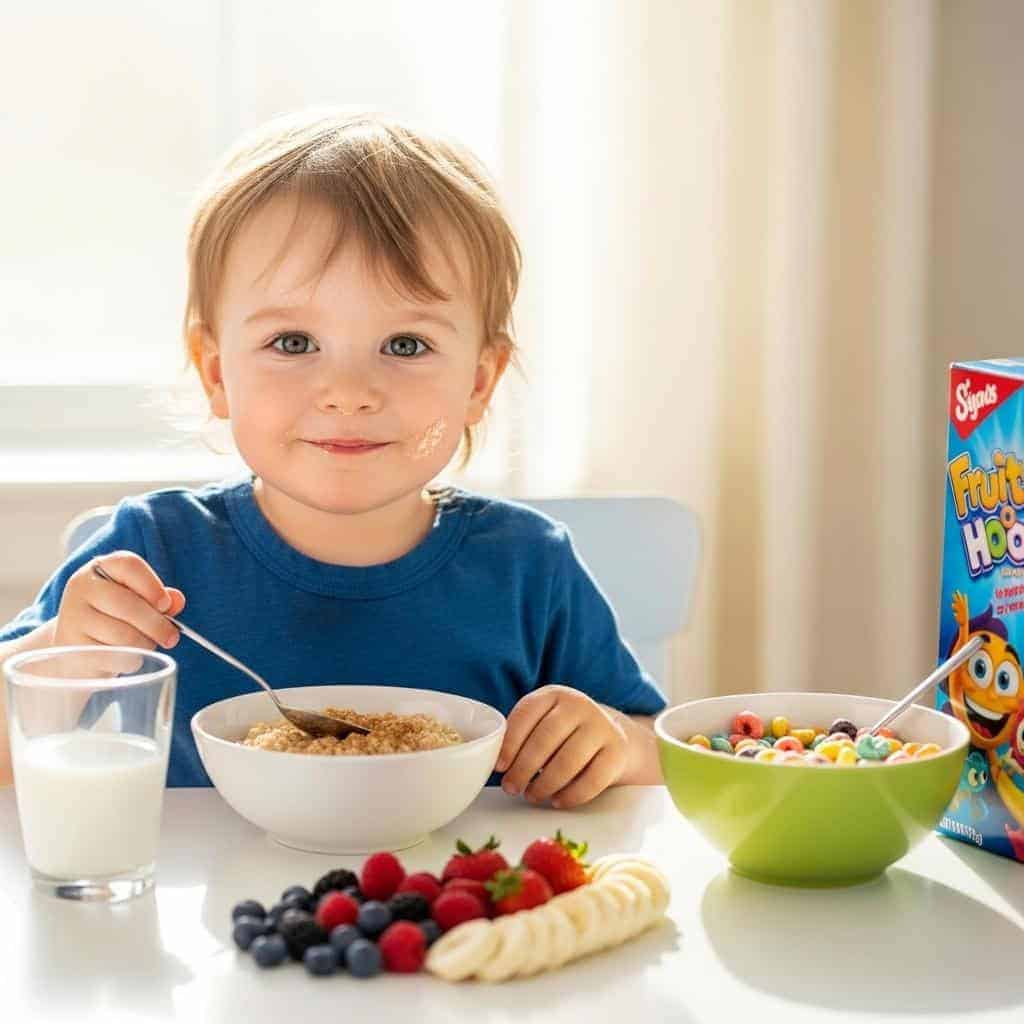
Oatmeal is an excellent source of complex carbohydrates, offering a slow and steady release of energy that helps prevent sugar spikes and crashes in toddlers. These complex carbs also support the production of serotonin, promoting a calm and balanced mood. Unlike sugary cereals, which can cause hyperactivity and energy swings, oatmeal sustains stable energy levels throughout the morning.
3. Turkey
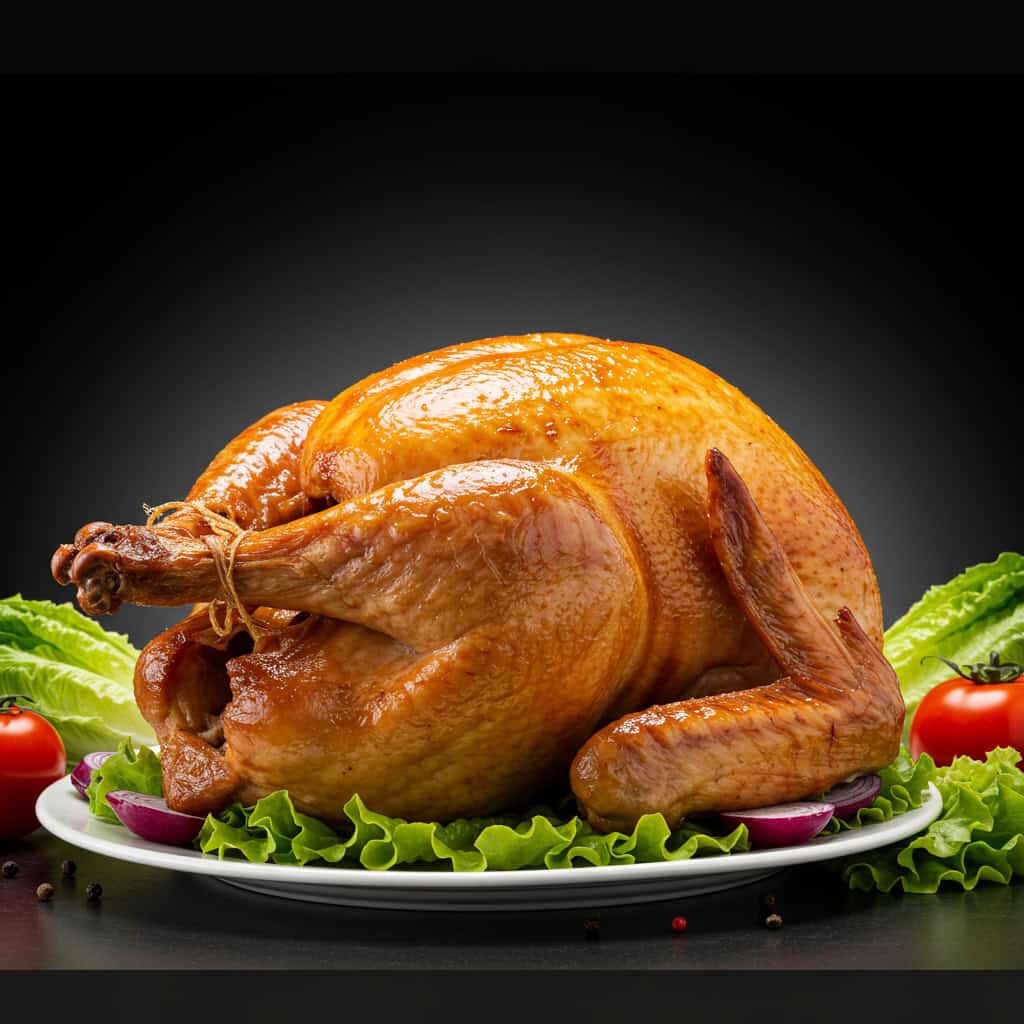
Turkey is rich in tryptophan, an amino acid that helps the body produce serotonin and melatonin—both essential for calming and promoting restful sleep in toddlers. Unlike processed meats, which can contain additives and preservatives that may overstimulate children, turkey offers a natural way to encourage relaxation. Consuming tryptophan-rich foods like turkey can support mood stability and help manage stress in young children.
4. Yogurt
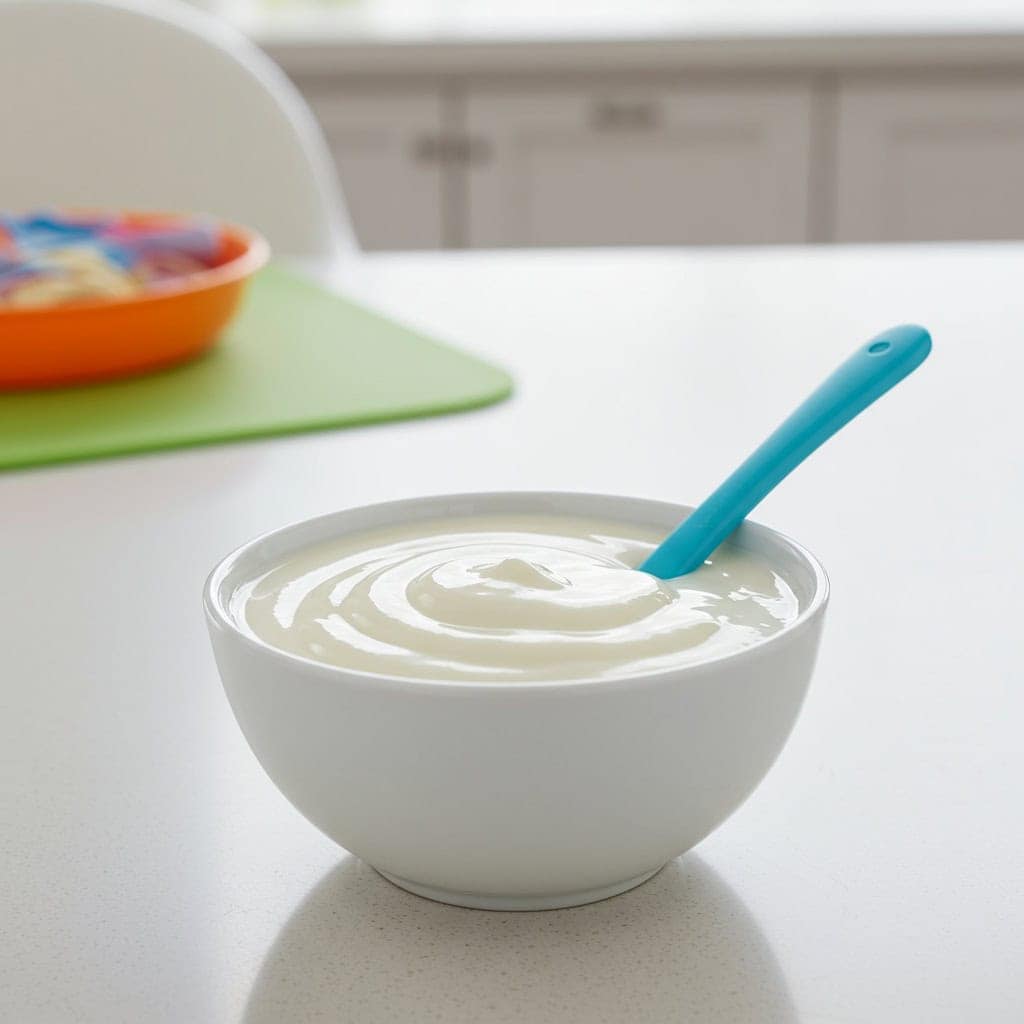
Yogurt contains probiotics, beneficial bacteria that support gut health and may positively influence mood and anxiety levels in toddlers. Research suggests a healthy gut-brain connection can promote calmness and emotional stability. It’s important to choose plain or low-sugar yogurt, as sugary versions may counteract these benefits and lead to hyperactivity.
5. Sweet Potatoes

Sweet potatoes are rich in slow-digesting carbohydrates and magnesium, both of which support steady energy levels and help promote calmness in toddlers. Their nutrients are released gradually, preventing energy spikes and mood swings. Unlike white potatoes, which can raise blood sugar more quickly, sweet potatoes offer a more balanced option. The magnesium content in sweet potatoes has been linked to reduced anxiety and improved emotional regulation in children.
6. Blueberries
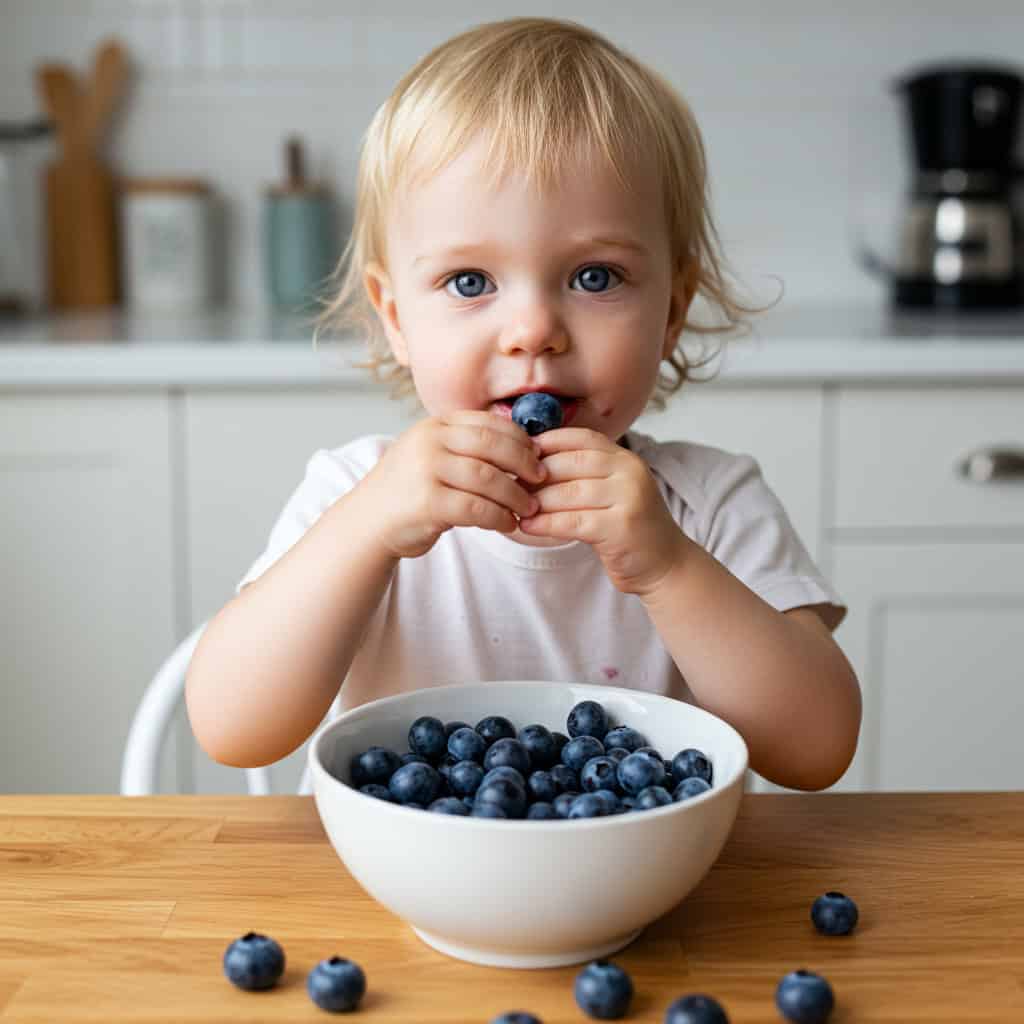
Blueberries are loaded with antioxidants, which can help reduce stress and inflammation in toddlers’ bodies, potentially supporting a calmer mood. Compared to other berries, blueberries have particularly high levels of beneficial compounds. Blueberries may enhance cognitive function and emotional resilience, making them an excellent snack choice for growing children.
7. Salmon
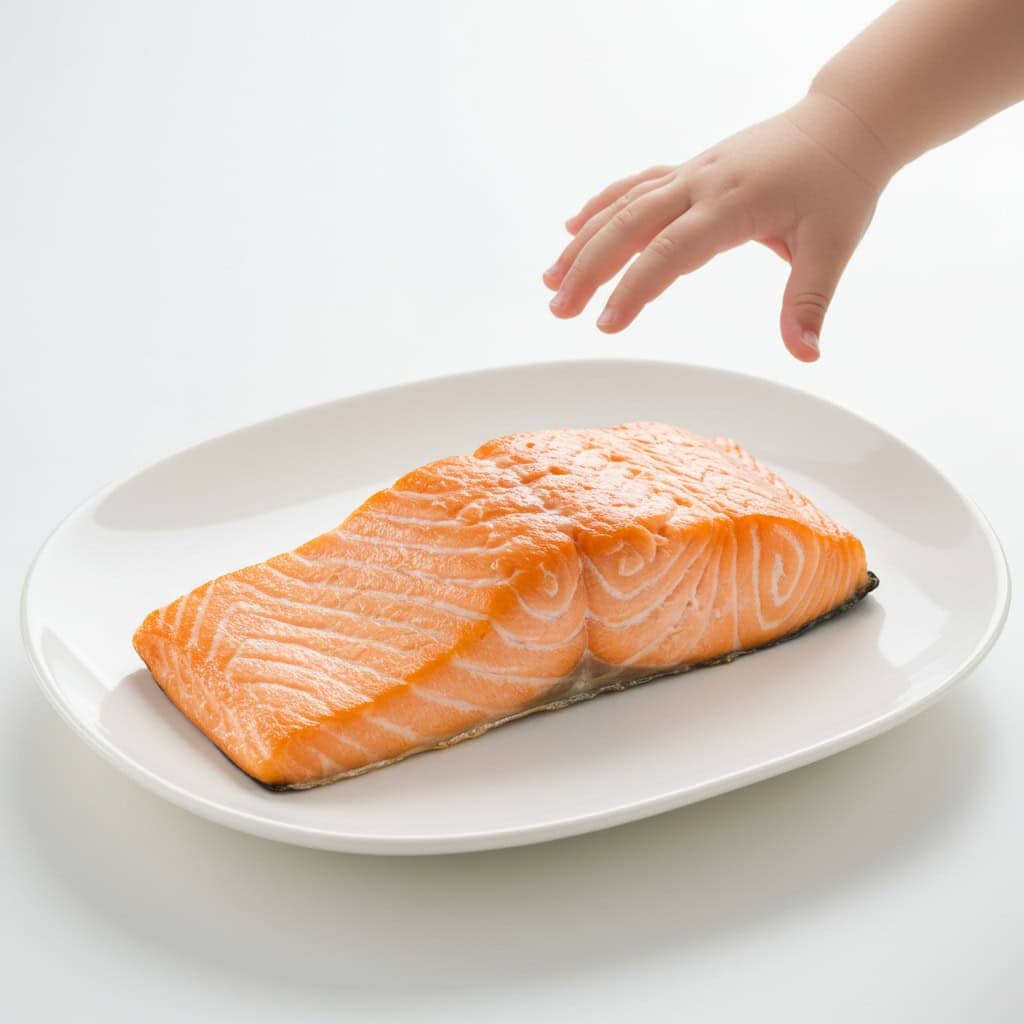
Salmon is an excellent source of omega-3 fatty acids, which are linked to improved mood and reduced anxiety in children. These healthy fats support brain function and emotional regulation. Compared to other fish, salmon contains particularly high levels of omega-3s and is generally low in mercury, making it a safe and beneficial choice for toddlers. Omega-3 intake can positively influence child behavior and emotional health.
8. Eggs
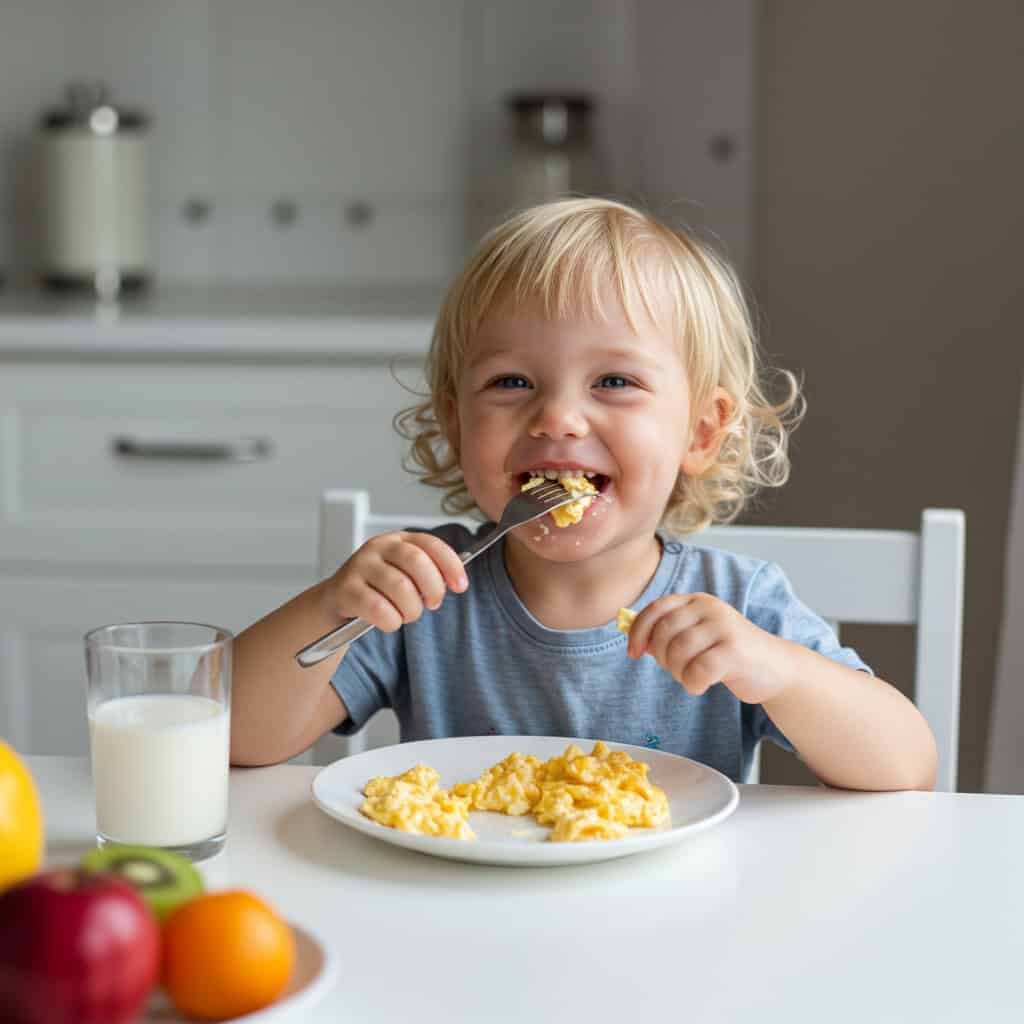
Eggs are packed with protein and choline, both vital for supporting brain function and providing steady energy for toddlers. Unlike high-sugar breakfasts that can cause hyperactivity and crashes, eggs offer lasting nourishment that helps keep little ones calm and focused. Eggs are a nutrient-dense choice recommended for young children’s balanced diets and healthy brain development.
9. Avocado
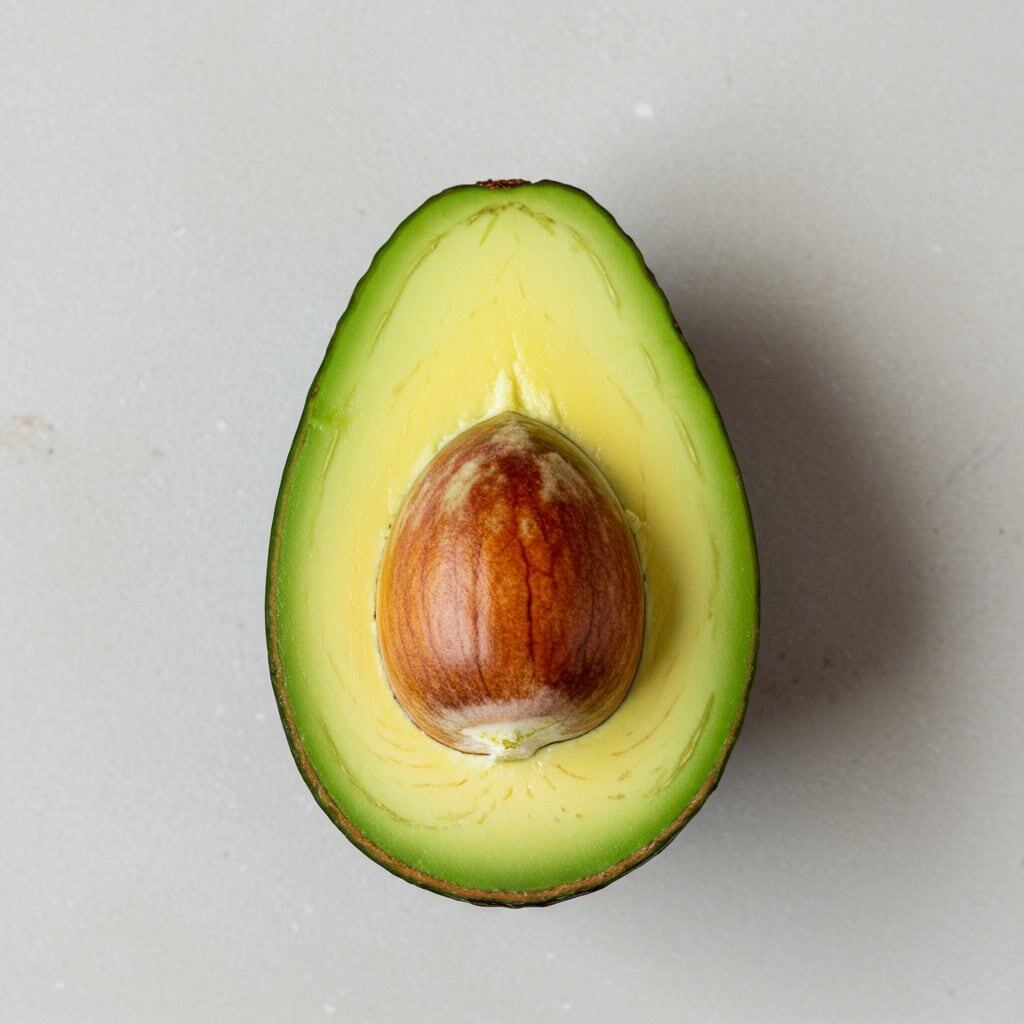
Avocados are rich in healthy fats and magnesium, both of which may help reduce anxiety and stabilize mood in toddlers. The creamy texture and nutrient profile make them a soothing alternative to processed spreads, which often contain unhealthy fats and additives. Avocados support brain health and emotional balance, making them an ideal choice for calming little ones naturally.
10. Whole Grain Crackers
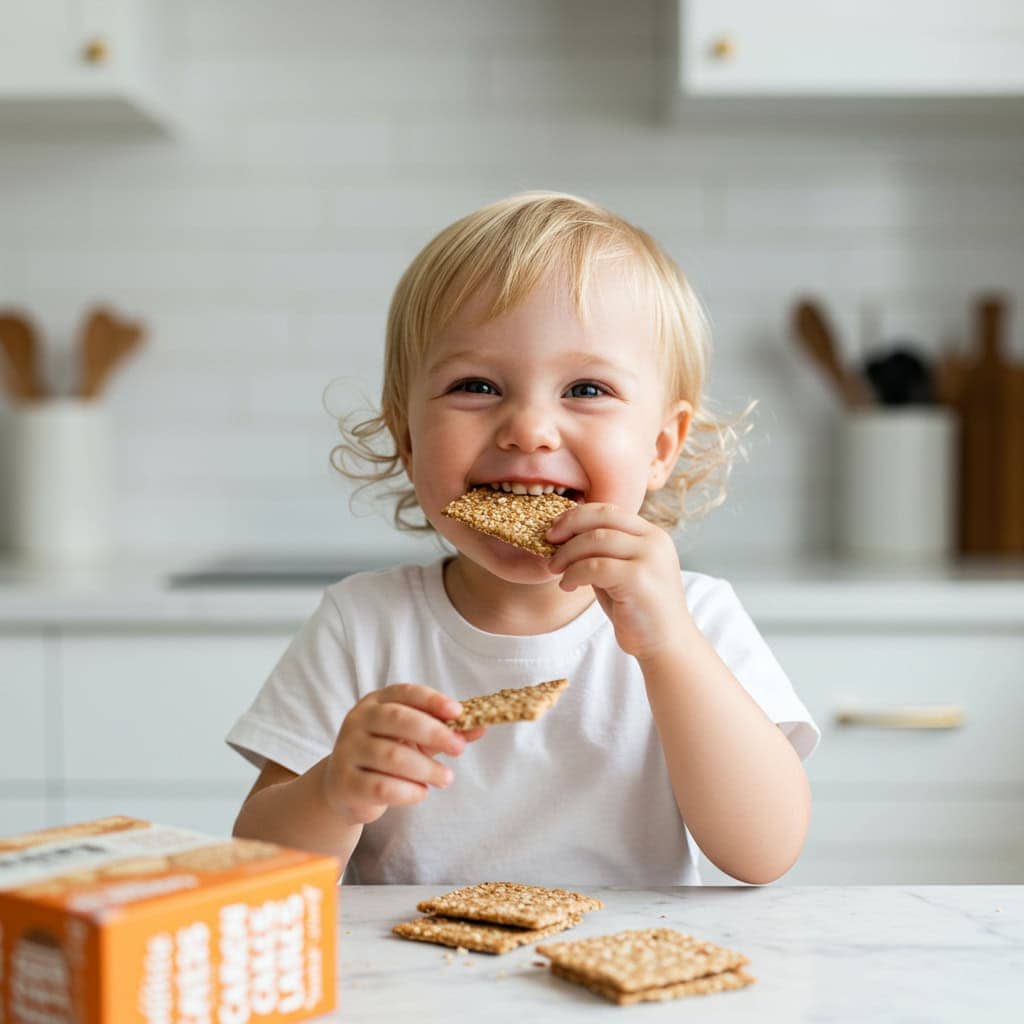
Whole grain crackers supply toddlers with slow-release energy, helping to maintain stable blood sugar and mood throughout the day. Unlike snacks made from white flour, which can cause rapid spikes and crashes, whole grain options promote calmness and steady focus.
11. Candy

Candy is loaded with refined sugars that can cause rapid energy spikes followed by crashes, often leading to hyperactivity and irritability in toddlers. In contrast, natural sweet snacks like fruit provide gentler energy without the intense mood swings associated with candy consumption.
12. Soda
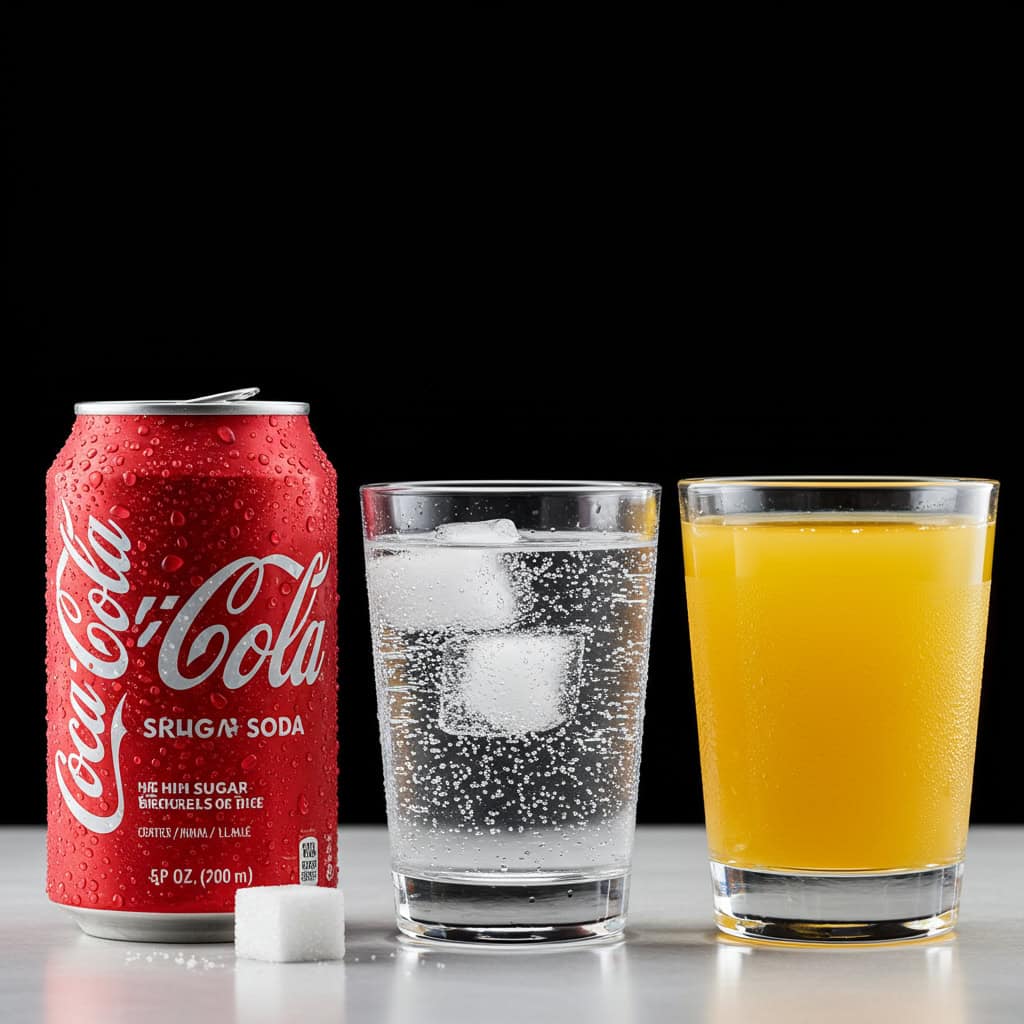
Soda contains high levels of sugar and, in many cases, caffeine—both of which can trigger hyperactivity and disrupt sleep in toddlers. These ingredients cause rapid spikes in energy followed by crashes and can interfere with restful routines. Unlike water or natural juices, soda provides empty calories without nutritional benefits. Limiting sugary drink consumption in young children promotes better mood and overall health.
13. Artificially Colored Snacks
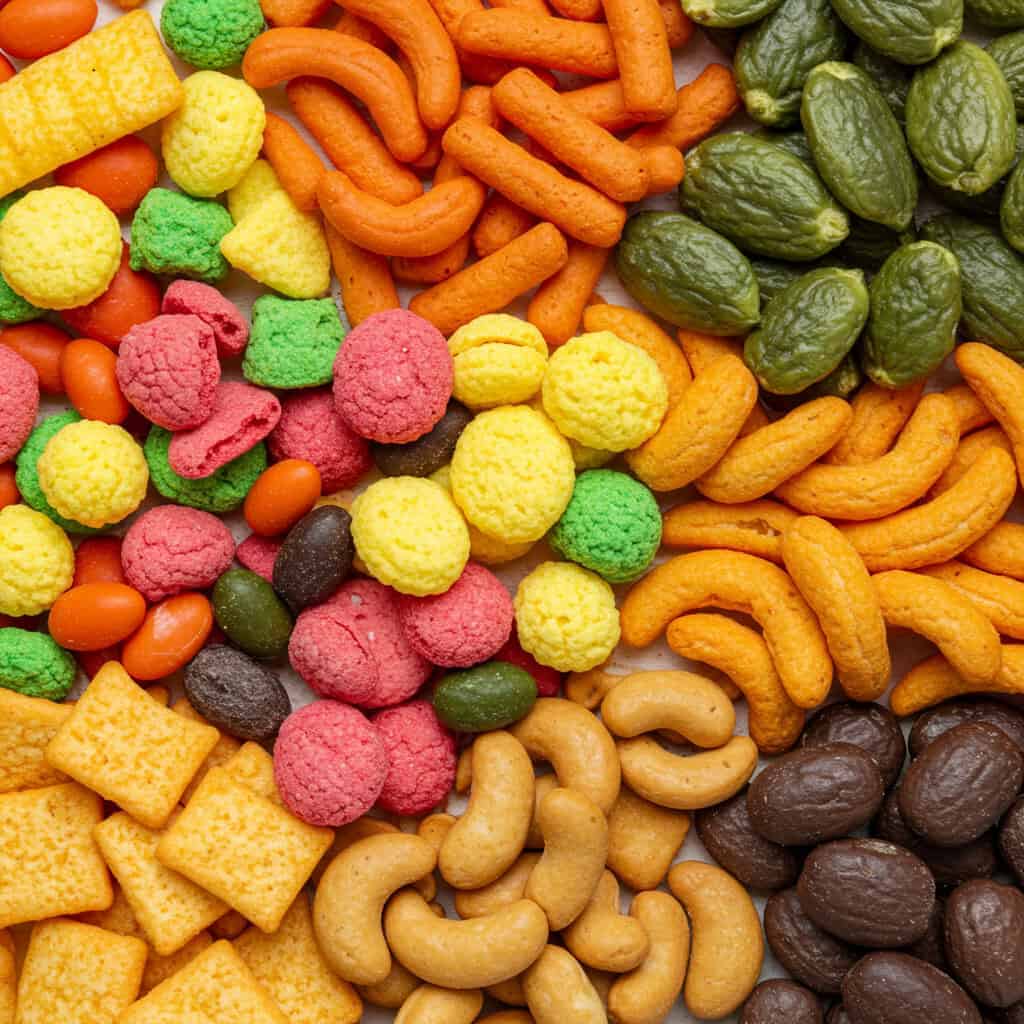
Artificial colors and preservatives found in many processed snacks have been linked to increased hyperactivity and behavioral issues in some children. Health experts often recommend choosing snacks without artificial additives to help support calmer, more balanced behavior in toddlers.
14. White Bread
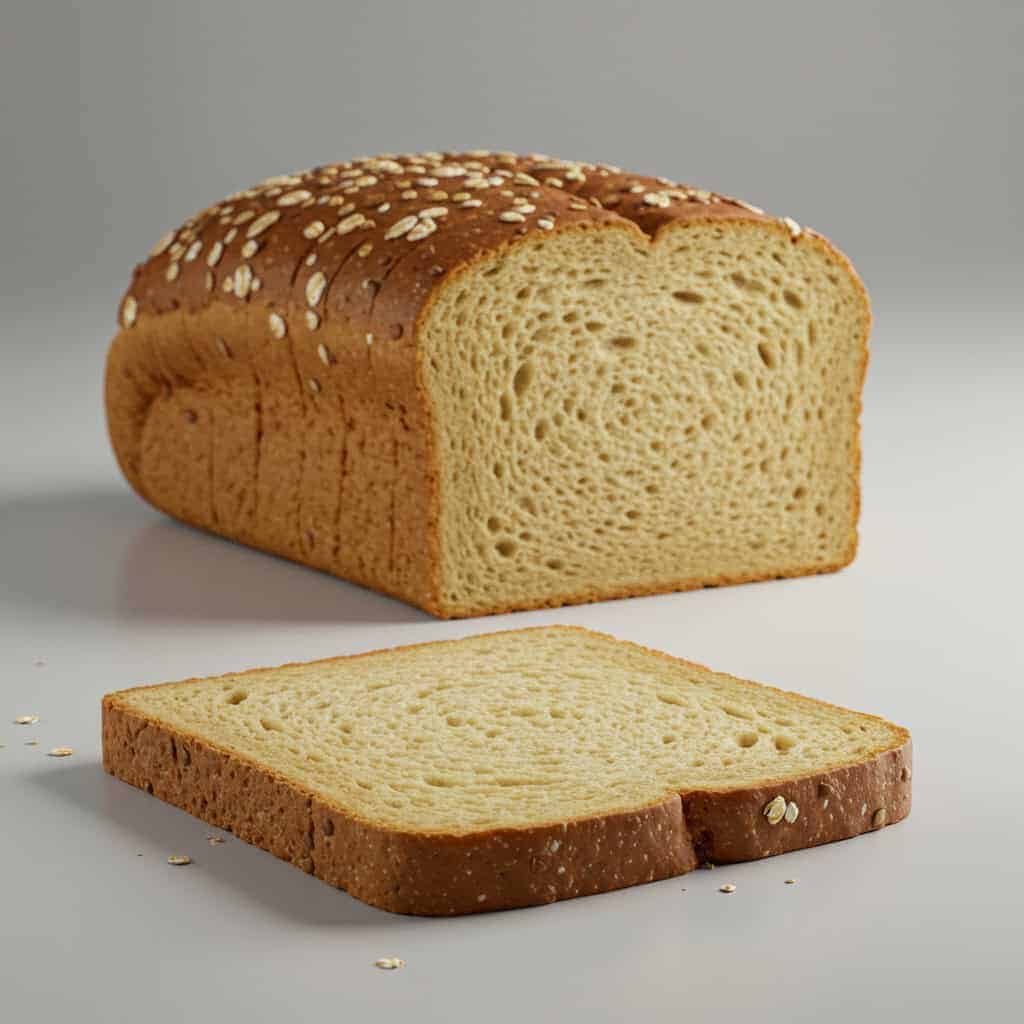
White bread is made from refined carbohydrates that are quickly digested, causing rapid spikes in blood sugar and resulting in bursts of energy and potential hyperactivity in toddlers. Unlike whole grain bread, which provides steady energy and nutrients, white bread lacks fiber and essential vitamins. Whole grains are recommended for optimal mood and energy regulation in young children.
Conclusion
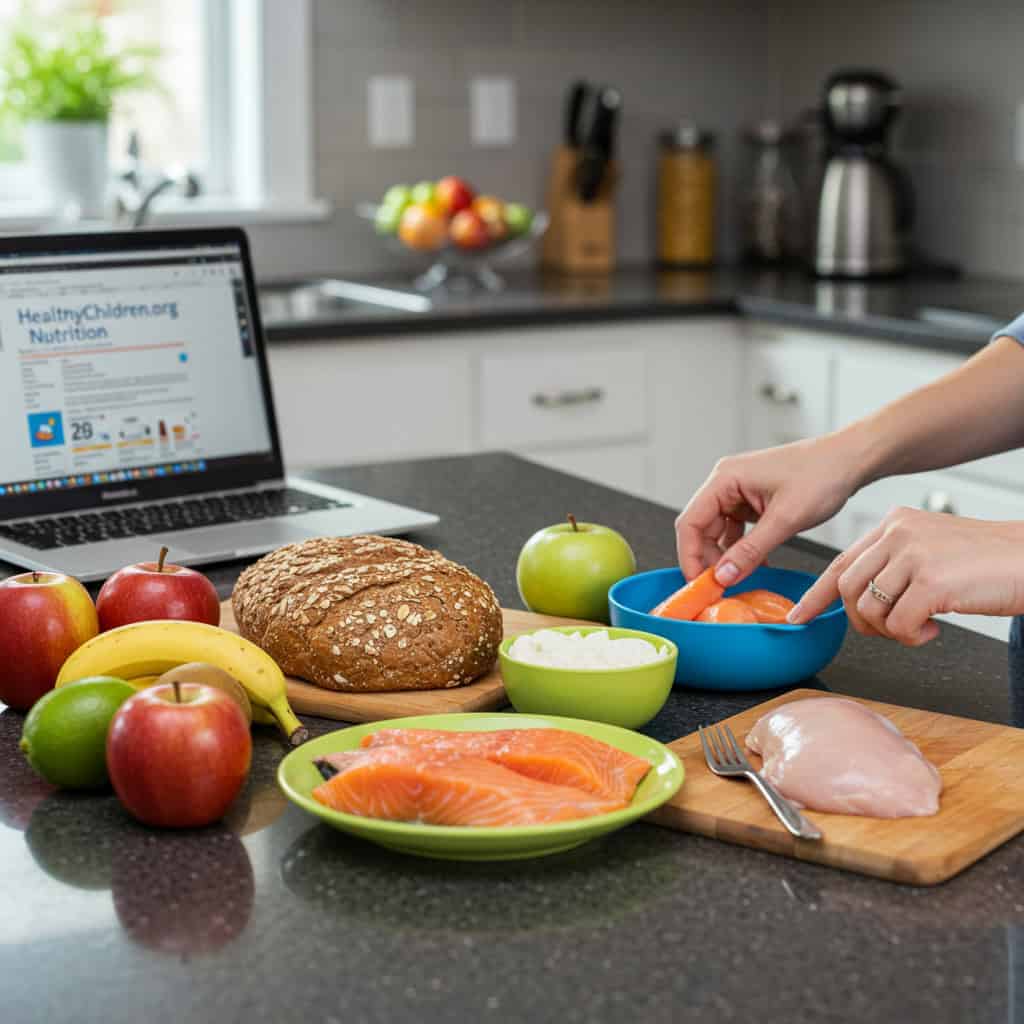
Choosing the right foods for toddlers plays a crucial role in managing their mood and energy throughout the day. Incorporating calming foods such as whole grains, fruits, and healthy proteins can help foster emotional balance and steady energy, while limiting sugary, artificial, and highly processed items reduces the risk of hyperactivity. Thoughtful meal planning supports both well-being and behavior.
Medical Disclaimer

This information is for educational purposes only and is not a substitute for professional medical advice. Always consult a qualified healthcare provider regarding any medical concerns or before making changes to your child’s diet.
.article-content-img img { width: 100% }




